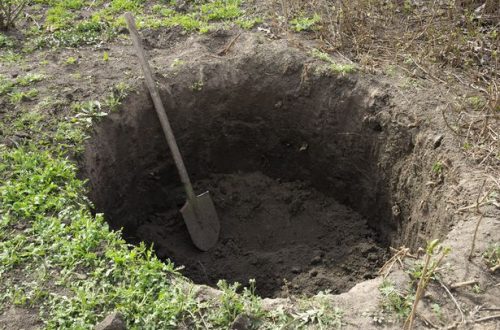By Maajid Nawaz, co-founder and director of the think-tank Quilliam
Muslim-run weekend schools in Britain are teaching that Jews descended from pigs and monkeys, while their textbooks demonstrate with the aid of diagrams how to amputate the limbs of a thief. Welcome to the United Kingdom in 2010, as uncovered by a new Policy Exchange report.
It would be easy, but mistaken, to accuse the Saudis of funding this fanaticism, as the teaching is based on their old textbooks. But the Saudis have moved on, albeit very slowly, in a positive direction, ditching those textbooks on the way. Meanwhile, Britain creeps slowly backwards.
While growing up in Essex, I remember going to South Asian weddings that truly lived up to their name. They were often the highlight of our calendar, with fantastic food, live music, traditional dancing and a chance to spot a future bride. Today, I’m lucky if I attend a Muslim wedding that is more than a sexually segregated, monoreligious, glorified feast.
We are yet to grasp fully that the rise of Islamist extremism in the UK has been spearheaded mainly by youth born and raised in this country. They have often rebelled against the Islam of their parents, reinventing their faith as a political statement. As Quilliam’s latest report on radicalisation shows, extremists operate right through to the top of our educational food chain. Students are more likely to be radicalised at a London university than in lessons at a local madrassa.
But frustratingly, people refuse to face up to this truth. Large swaths of ordinary, traditional Muslims are engulfed by a victimhood mentality. Some non-Muslims, meanwhile, are busy claiming that intolerance must be respected as part of Islamic “culture” — as if lesser standards of civilisation are expected from us “lesser” Muslims. The hypocrisy in all this is that certain Muslims would be the first to cry foul if Sunday schools were used to teach that Muslims are no better than animals.
By ignoring aggressive and self-segregating sections of our society we inevitably feed the flames of the far Right. Both extremes then point to each other as proof of their “truth”. What we must focus on is social cohesion. One starting point might be the unit to monitor extremism in schools that the Policy Exchange think-tank recommended this week.
Nick Lowles, of Searchlight magazine, has announced that his fellow anti-racist campaigners will begin to challenge Islamist extremism just as they challenge far-right extremism. This is an encouraging sign, and a first step to recognising an uncomfortable truth: extremism in Britain has become institutionalised.


